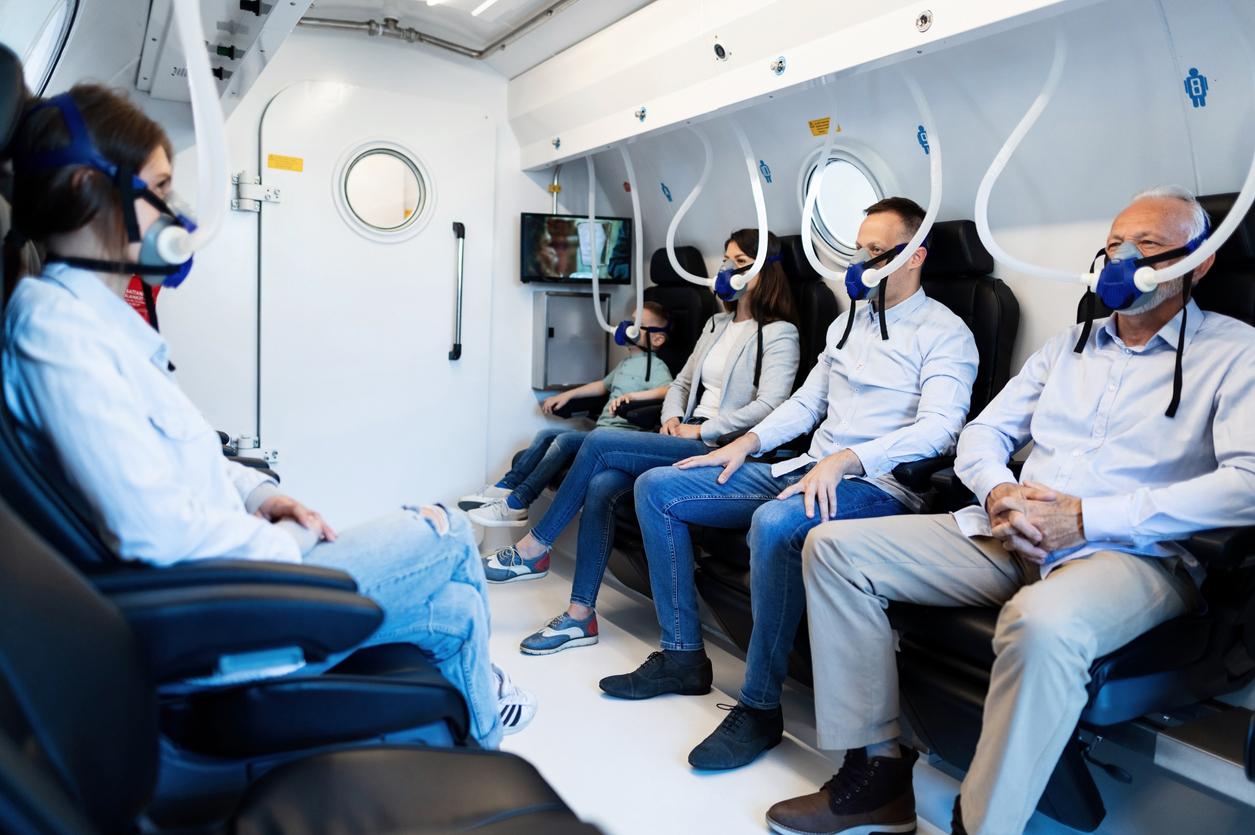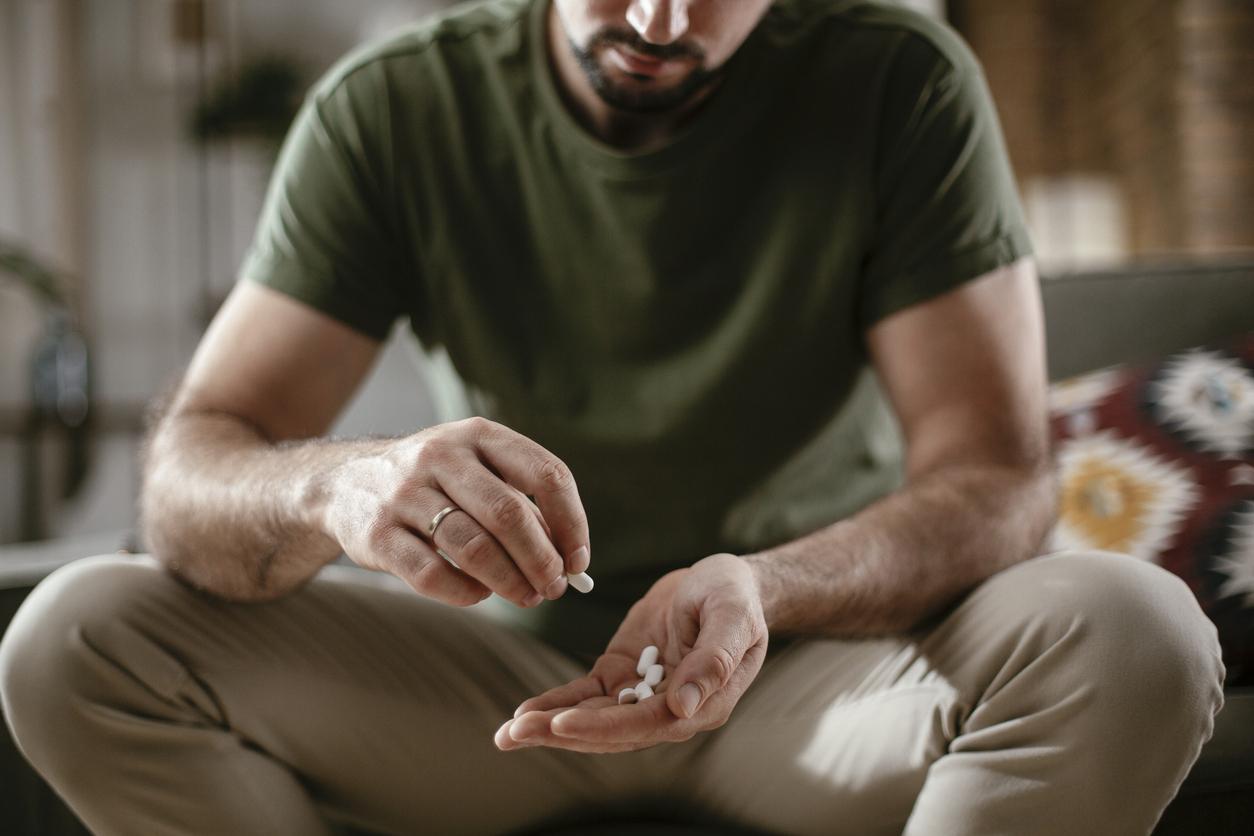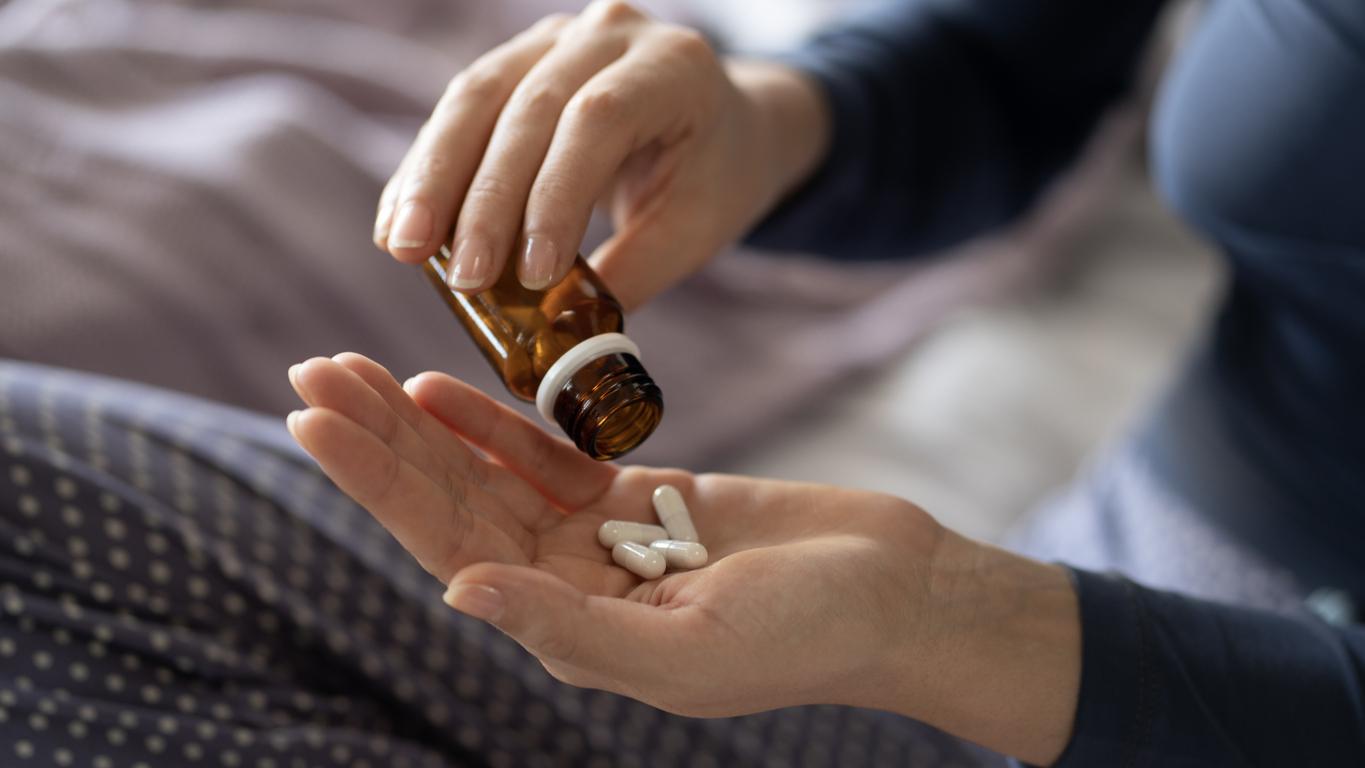Patients suffering from post-traumatic stress have recovered thanks to the supervised intake of MDMA, a molecule currently consumed as a drug (ecstasy), which is very dangerous for health.

MDMA has incredible potential for treating post-traumatic stress disorder, and more broadly mental illnesses, according to the largest study ever done on the subject. Also known as ecstasy, MDMA is currently illegally consumed as a hard drug. Taken outside a medical setting, it is extremely dangerous to health, and can even be fatal.
The trial included 28 adults with post-traumatic stress disorder, who had not been treated for their condition at all until then. After three 90-minute preparatory sessions with therapists, each participant took either a high dose of 100 or 125 mg of MDMA, or a low dose of 40 mg.
Psychotherapy sessions
In the second configuration, drugs were taken at the start of psychotherapy sessions. Neither the participants nor the therapists knew the doses administered. Using a setup similar to the pioneering experiments in psilocybin and LSD-assisted psychotherapy of the 1950s-1970s, the sessions were unstructured, and based on experience rather than discussion.
“The therapists did not follow an agenda and remained curious, open and attentive to the participant’s experience, to create a feeling of safety and to develop their confidence”, specify the authors. “The results of the study indicate that this treatment has the potential to greatly improve the lives of people suffering from post-traumatic stress disorder, regardless of the source of their trauma,” said Marcela Otalora, director of the study. “After the treatment, a large majority of our participants said they felt happier and more competent,” she adds.
One month after the end of the sessions, 42.9% of people who had ingested the highest dose of MDMA no longer suffered from post-traumatic stress. In comparison, this was also the case for 33.3% of patients who received the lowest dose of MDMA. A decrease in symptoms was observed up to one year after the start of the experiment, in both groups.
“Revolutionary Therapy”
The FDA has even called this process a “breakthrough therapy” for post-traumatic stress disorder. Post-traumatic stress disorder is a condition characterized by the development of specific symptoms following exposure to a traumatic event in the context of death, death threats, serious injury or sexual assault. Extremely disabling, this state can be particularly severe or prolonged over time when the traumatic event is linked to human activity (eg: torture, rape), or even never recover.

.
















